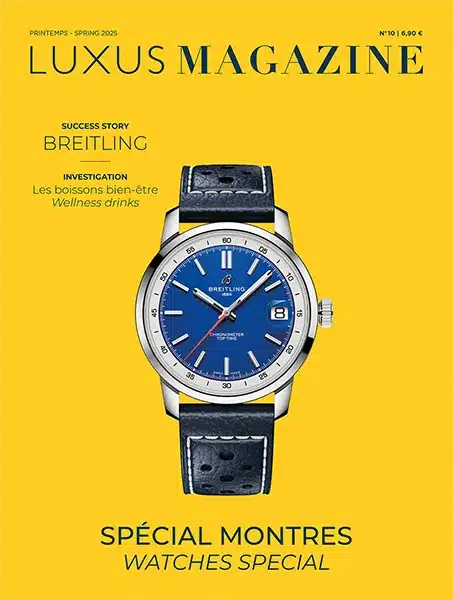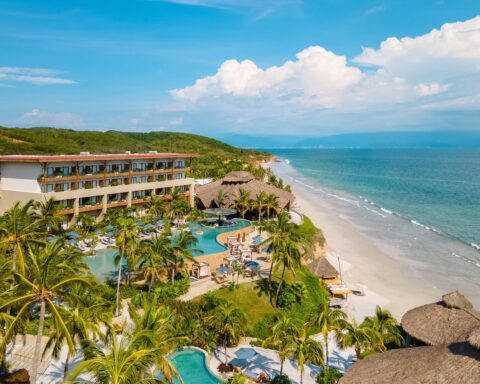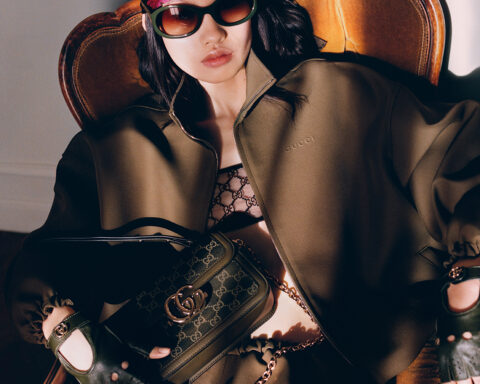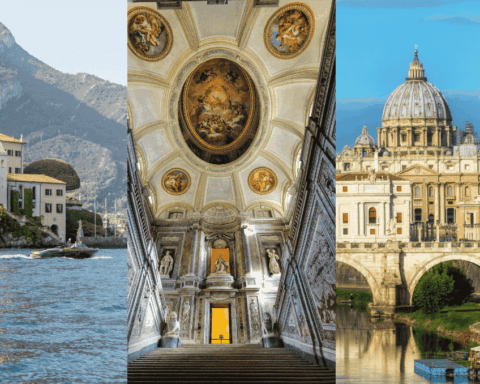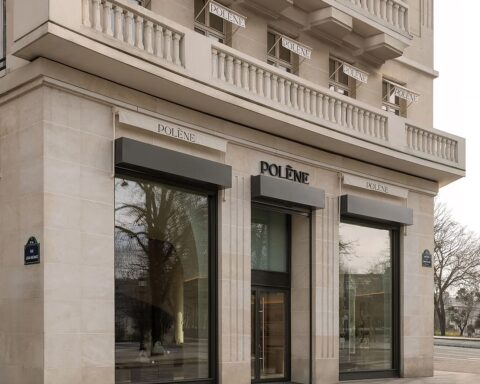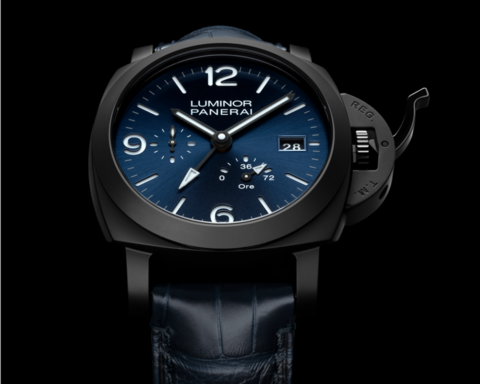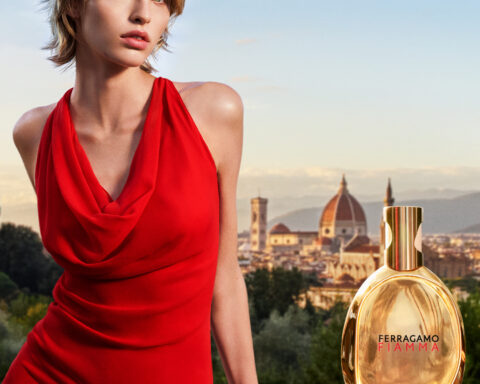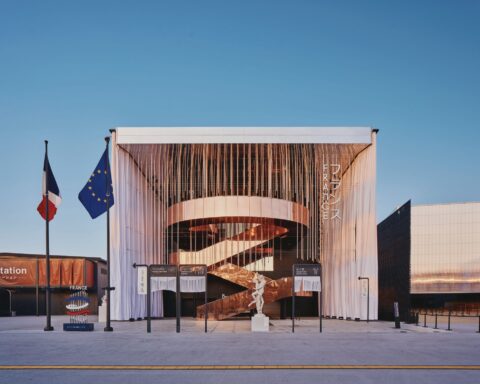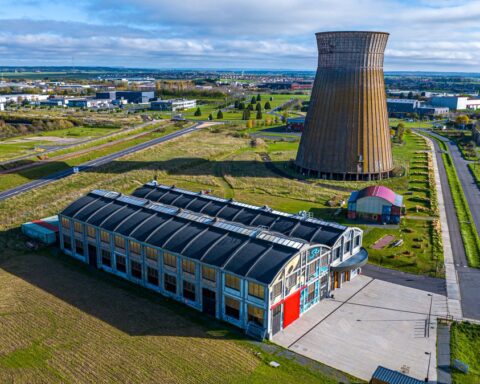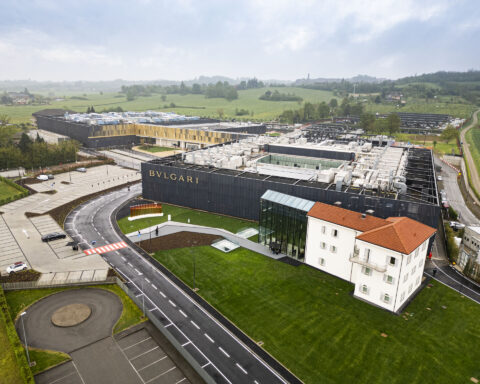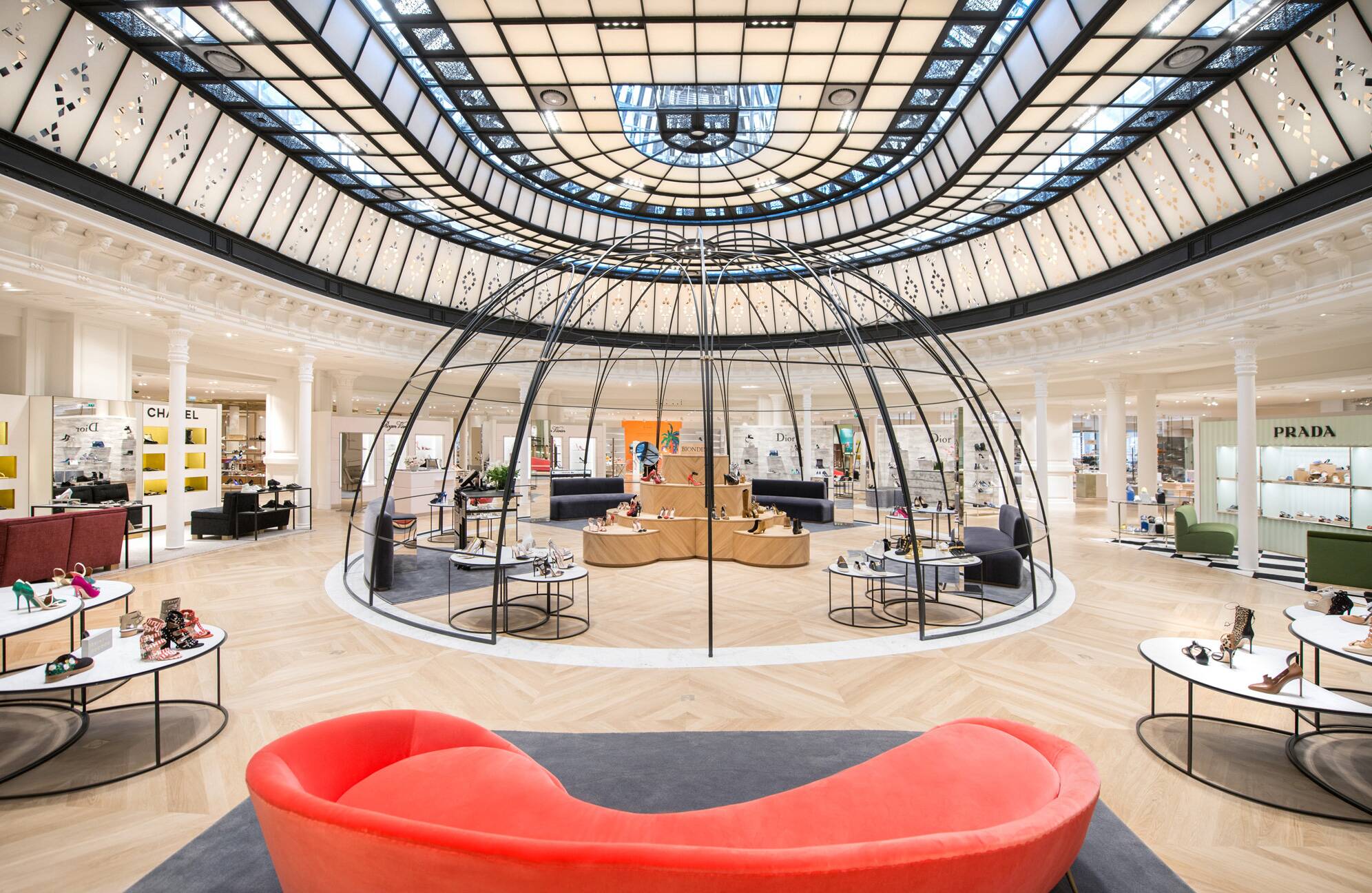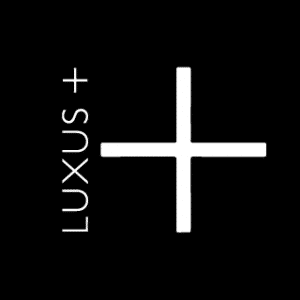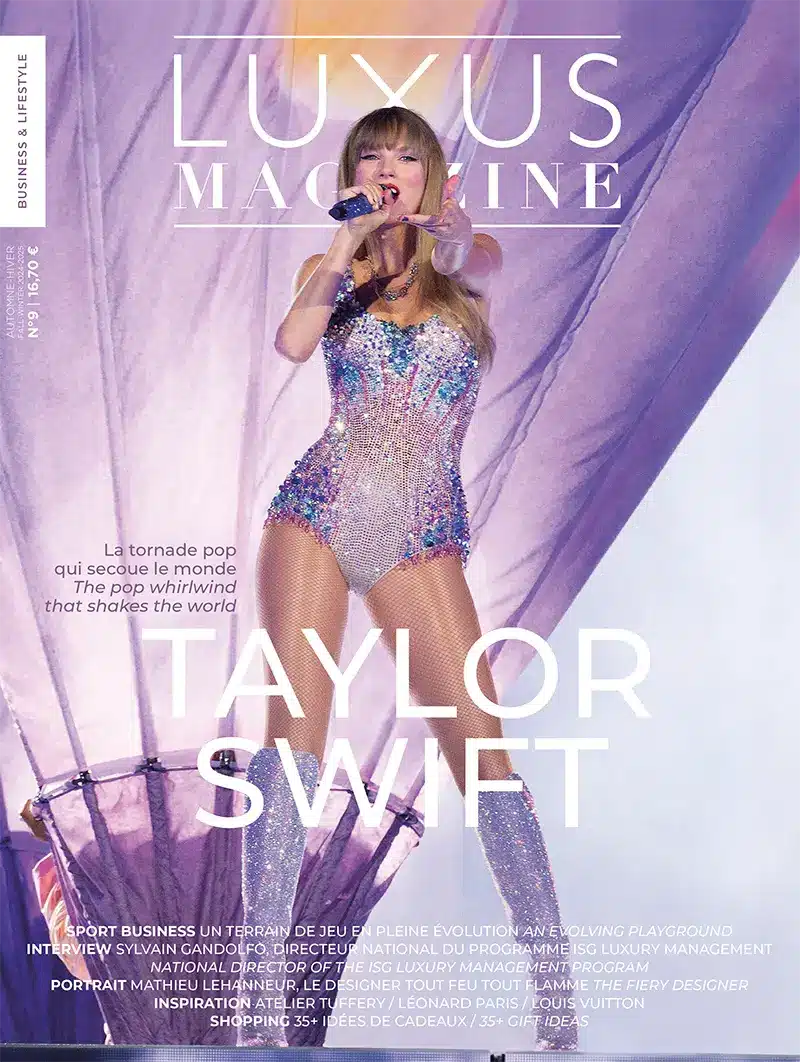[vc_row njt-role=”people-in-the-roles” njt-role-user-roles=”administrator,editor,author,armember”][vc_column][vc_column_text]
The luxury sector is an important pillar of industry and a real indicator of the economic health of France and the Old Continent. Despite frequent criticism, luxury is keeping up with the social and environmental issues of our time, to continue to be a source of growth.
A few weeks ago, the American magazine Forbes announced that the richest man and woman in the world were, for the first time in history, both French. They are Bernard Arnault, CEO of the world’s leading luxury group LVMH and Françoise Bettencourt Meyers, CEO of L’Oréal. Their combined fortunes amount to 291.5 billion euros.
This finding highlights the great prosperity of the luxury sector, which surpasses those of the automobile industry or high technology. In France, luxury companies have surpassed the market capitalization of historical companies such as Total or Renault.
According to figures from 2021, the luxury sector represents one million direct and indirect jobs in France. Fashion, leather goods and watches and jewelry account for 40% of jobs, followed by wines and spirits (17%), perfumes and cosmetics (17%) and gastronomy (15%). Tableware and design are also sectors that generate many jobs. In the Bresle Valley in Seine-Maritime, approximately 10,000 employees work in 70 companies that supply more than 70% of the world’s production of perfumes, spirits and cosmetics.
The sector contributes to the revitalization of the country’s industrial fabric, whether with the jeweler Van Cleef & Arpels, which plans to open two new production sites by 2026 (600 new jobs), or the House of Hermès, which has just opened two new workshops, one in the Ardennes, the other in Normandy, bringing to 11 the number of new leather factories on the territory since 2010 and 4700 leather craftsmen.
The cosmetics sector has more than 3,200 companies with important research and training structures, recognized worldwide. Over the past five years, the sector has created more than 3,500 jobs thanks to the opening of new sites. The perfume industry, notably Guerlain and Chanel, has opened five factories and created over 900 jobs.
Indicator of economic health
The luxury sector is considered an indicator of the health of the global economy. If the sector is in trouble, this can be a negative sign for the economy. If it is not, the reverse is not always true. In fact, luxury remains the sector least affected by economic inflation, thanks in part to the growing wealth of the middle class, particularly in China and India.
Luxury represents not only a symbol of financial success and belonging to a certain social class, but also embodies a certain conception of elegance and the European way of life. This cultural difference is illustrated by the importation of luxury goods into America, which are often of European origin.
In a world where technology is increasingly present, the luxury sector remains attached to human values such as invention, know-how, innovation and creativity, as well as to the search for excellence in the quality of the product and in the execution of the gesture. The sanctity of the product and its link with tradition and territory also play a fundamental role in this sector.
Development of online sales
For a long time, luxury brands were reluctant to go online for fear of trivializing the buying experience. They preferred to offer a unique in-store experience. However, the rise of online shopping and the increase in fraud and counterfeiting have made these companies reconsider their position. Online sales of high-end cosmetics have increased by 60% in China in 2020, and nearly 40% of luxury goods purchases in the country are made online. Also note that according to the forecast of consulting firm McKinsey, nearly 20% of luxury goods sales will be online by 2025.
Luxury brands are increasingly present on social networks popular with young buyers, and are hiring more and more influencers. To reach Millennials and Generation Z in China, brands are using Tmall in particular, which has become a key sales channel. This strategy is linked to the average age – 10 to 15 years younger than Europeans – of Chinese luxury goods customers.
The pandemic has also led to an abrupt change in purchasing behavior for senior customers. This clientele quickly switched to online shopping, joining the other consumer categories.
Focus on environmental issues
The luxury sector is often criticized for its impact on the environment, particularly in terms of water consumption and animal abuse. Indeed, the fashion industry is considered the third most water-consuming industry, and the second most polluting industry in the world after oil, according to ADEME. However, luxury brands are making more and more commitments to reduce their carbon footprint and avoid endangering animal species.
Luxury companies, which until now have avoided the second-hand market, are beginning to take an interest in this sector. They are collaborating with start-ups to set up certified exchange and resale platforms. These organized sales reinforce the brand image of companies. The second-hand luxury market reached 33 billion euros in 2021, up 65% from 2017. This market could generate up to 20% of a luxury company’s revenue by 2030 according to Bain & Company.
The luxury sector is not unanimous and is often contested. However, it is noticeable that the criticisms are more focused on the representation of “abusive” wealth, without real knowledge of the industry and the provisions put in place. In mid-April, the headquarters of LVMH, located on Avenue Montaigne, was invaded by 400 CGT demonstrators, on the occasion of the social movements against the pension reform. A behavior that Antoine Arnault, CEO of the holding company Christian Dior SE, described as “violent” and deeply “unfair” during his first general meeting. “We are part of the solution, not part of the problem”, he said. He also recalled that the wealth of Bernard Arnault, as it is usually presented in the press, is “misleading”: “it is not about available money, it is about the value of the company [LVMH] that is increasing.”
From royal industry in the modern era (especially in the 17th century with Colbert and Louis XIV) to the globalized trade of the 1980s, through the invention of the houses in the 19th century, luxury has French roots and seems to be well on its way – through its flagship LVMH – to continue to spread a secular national know-how across the seas.
Read also >Stock market: LVMH’s capitalization exceeds 500 billion euros
Featured photo : © LVMH[/vc_column_text][/vc_column][/vc_row][vc_row njt-role=”not-logged-in”][vc_column][vc_column_text]
The luxury sector is an important pillar of industry and a real indicator of the economic health of France and the Old Continent. Despite frequent criticism, luxury is keeping up with the social and environmental issues of our time, to continue to be a source of growth.
A few weeks ago, the American magazine Forbes announced that the richest man and woman in the world were, for the first time in history, both French. They are Bernard Arnault, CEO of the world’s leading luxury group LVMH and Françoise Bettencourt Meyers, CEO of L’Oréal. Their combined fortunes amount to 291.5 billion euros.
This finding highlights the great prosperity of the luxury sector, which surpasses those of the automobile industry or high technology. In France, luxury companies have surpassed the market capitalization of historical companies such as Total or Renault.
According to figures from 2021, the luxury sector represents one million direct and indirect jobs in France. Fashion, leather goods and watches and jewelry account for 40% of jobs, followed by wines and spirits (17%), perfumes and cosmetics (17%) and gastronomy (15%). Tableware and design are also sectors that generate many jobs. In the Bresle Valley in Seine-Maritime, approximately 10,000 employees work in 70 companies that supply more than 70% of the world’s production of perfumes, spirits and cosmetics.
The sector contributes to the revitalization of the country’s industrial fabric, whether with the jeweler Van Cleef & Arpels, which plans to open two new production sites by 2026 (600 new jobs), or the House of Hermès, which has just opened two new workshops, one in the Ardennes, the other in Normandy, bringing to 11 the number of new leather factories on the territory since 2010 and 4700 leather craftsmen.
The cosmetics sector has more than 3,200 companies with important research and training structures, recognized worldwide. Over the past five years, the sector has created more than 3,500 jobs thanks to the opening of new sites. The perfume industry, notably Guerlain and Chanel, has opened five factories and created over 900 jobs.
Indicator of economic health
The luxury sector is considered an indicator of the health of the global economy. If the sector is in trouble, this can be a negative sign for the economy. If it is not, the reverse is not always true. In fact, luxury remains the sector least affected by economic inflation, thanks in part to the growing wealth of the middle class, particularly in China and India.
Luxury represents not only a symbol of financial success and belonging to a certain social class, but also embodies a certain conception of elegance and the European way of life. This cultural difference is illustrated by the importation of luxury goods into America, which are often of European origin.
In a world where technology is increasingly present, the luxury sector remains attached to human values such as invention, know-how, innovation and creativity, as well as to the search for excellence in the quality of the product and in the execution of the gesture. The sanctity of the product and its link with tradition and territory also play a fundamental role in this sector.
Development of online sales
[…][/vc_column_text][vc_cta h2=”This article is reserved for subscribers.” h2_font_container=”tag:h2|font_size:16|text_align:left” h2_use_theme_fonts=”yes” h4=”Subscribe now !” h4_font_container=”tag:h2|font_size:32|text_align:left|line_height:bas” h4_use_theme_fonts=”yes” txt_align=”center” color=”black” add_button=”right” btn_title=”I SUBSCRIBE !” btn_color=”danger” btn_size=”lg” btn_align=”center” use_custom_fonts_h2=”true” use_custom_fonts_h4=”true” btn_button_block=”true” btn_custom_onclick=”true” btn_link=”url:https%3A%2F%2Fluxus-plus.com%2Fen%2Fsubscriptions-and-newsletter-special-offer-valid-until-september-30-2020-2-2%2F”]Get unlimited access to all articles and live a new reading experience, preview contents, exclusive newsletters…
Already have an account ? Please log in.
[/vc_cta][vc_column_text]Featured photo : © LVMH[/vc_column_text][/vc_column][/vc_row][vc_row njt-role=”people-in-the-roles” njt-role-user-roles=”subscriber,customer”][vc_column][vc_column_text]
The luxury sector is an important pillar of industry and a real indicator of the economic health of France and the Old Continent. Despite frequent criticism, luxury is keeping up with the social and environmental issues of our time, to continue to be a source of growth.
A few weeks ago, the American magazine Forbes announced that the richest man and woman in the world were, for the first time in history, both French. They are Bernard Arnault, CEO of the world’s leading luxury group LVMH and Françoise Bettencourt Meyers, CEO of L’Oréal. Their combined fortunes amount to 291.5 billion euros.
This finding highlights the great prosperity of the luxury sector, which surpasses those of the automobile industry or high technology. In France, luxury companies have surpassed the market capitalization of historical companies such as Total or Renault.
According to figures from 2021, the luxury sector represents one million direct and indirect jobs in France. Fashion, leather goods and watches and jewelry account for 40% of jobs, followed by wines and spirits (17%), perfumes and cosmetics (17%) and gastronomy (15%). Tableware and design are also sectors that generate many jobs. In the Bresle Valley in Seine-Maritime, approximately 10,000 employees work in 70 companies that supply more than 70% of the world’s production of perfumes, spirits and cosmetics.
The sector contributes to the revitalization of the country’s industrial fabric, whether with the jeweler Van Cleef & Arpels, which plans to open two new production sites by 2026 (600 new jobs), or the House of Hermès, which has just opened two new workshops, one in the Ardennes, the other in Normandy, bringing to 11 the number of new leather factories on the territory since 2010 and 4700 leather craftsmen.
The cosmetics sector has more than 3,200 companies with important research and training structures, recognized worldwide. Over the past five years, the sector has created more than 3,500 jobs thanks to the opening of new sites. The perfume industry, notably Guerlain and Chanel, has opened five factories and created over 900 jobs.
Indicator of economic health
The luxury sector is considered an indicator of the health of the global economy. If the sector is in trouble, this can be a negative sign for the economy. If it is not, the reverse is not always true. In fact, luxury remains the sector least affected by economic inflation, thanks in part to the growing wealth of the middle class, particularly in China and India.
Luxury represents not only a symbol of financial success and belonging to a certain social class, but also embodies a certain conception of elegance and the European way of life. This cultural difference is illustrated by the importation of luxury goods into America, which are often of European origin.
In a world where technology is increasingly present, the luxury sector remains attached to human values such as invention, know-how, innovation and creativity, as well as to the search for excellence in the quality of the product and in the execution of the gesture. The sanctity of the product and its link with tradition and territory also play a fundamental role in this sector.
Development of online sales
[…][/vc_column_text][vc_cta h2=”This article is reserved for subscribers.” h2_font_container=”tag:h2|font_size:16|text_align:left” h2_use_theme_fonts=”yes” h4=”Subscribe now !” h4_font_container=”tag:h2|font_size:32|text_align:left|line_height:bas” h4_use_theme_fonts=”yes” txt_align=”center” color=”black” add_button=”right” btn_title=”I SUBSCRIBE !” btn_color=”danger” btn_size=”lg” btn_align=”center” use_custom_fonts_h2=”true” use_custom_fonts_h4=”true” btn_button_block=”true” btn_custom_onclick=”true” btn_link=”url:https%3A%2F%2Fluxus-plus.com%2Fen%2Fsubscriptions-and-newsletter-special-offer-valid-until-september-30-2020-2-2%2F”]Get unlimited access to all articles and live a new reading experience, preview contents, exclusive newsletters…
Already have an account ? Please log in.
[/vc_cta][vc_column_text]Featured photo : © LVMH[/vc_column_text][/vc_column][/vc_row][vc_row njt-role=”people-in-the-roles” njt-role-user-roles=”subscriber,customer”][vc_column][vc_column_text]



